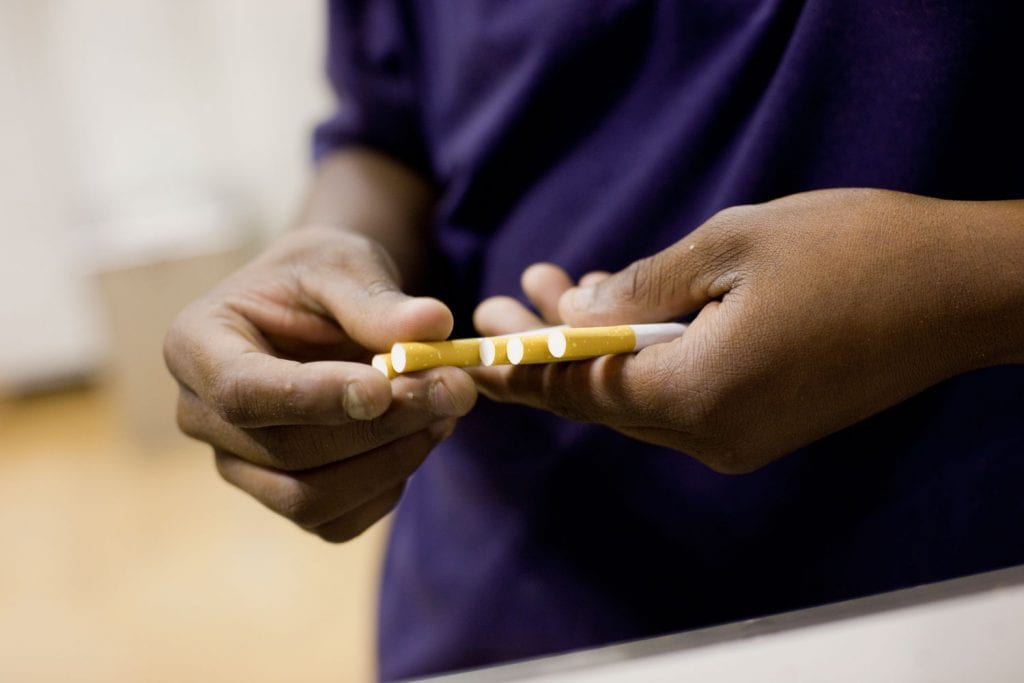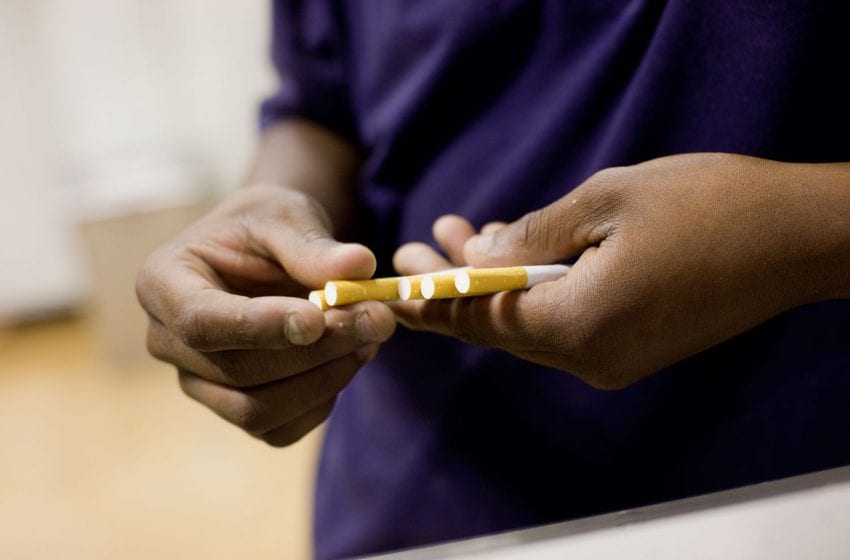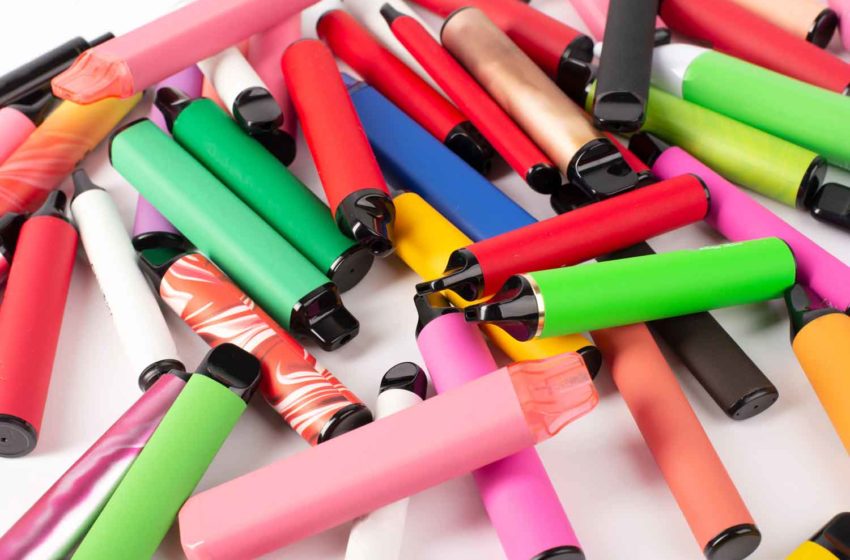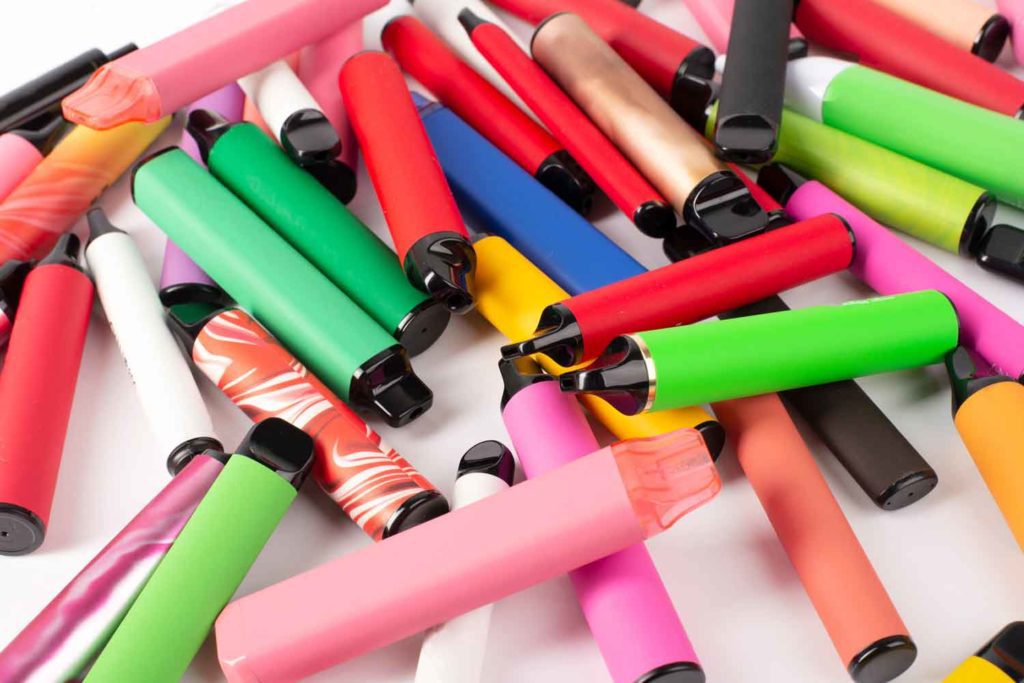
British American Tobacco (BAT) reaffirmed its annual revenue and profit forecasts on June 6, but acknowledged that its performance in the United States has been hampered by weaker cigarette demand.
“I am pleased with our performance in a number of key areas,” said BAT recently appointed CEO Tadeu Marroco in his first trading update. “We increased the number of consumers of non-combustible products by a further 900,000 in Q1, driving good revenue growth and further reducing losses of New Categories means we are on track to deliver our £5 billion [$6.2 billion] revenue ambition in 2025, with profitability in 2024, irrespective of the timing of the transfer of our Russian and Belarusian businesses.
“Outside the U.S., combustible brands have been performing well as we address portfolio gaps and optimize pricing. Consistently driving value from our combustibles brands is critical, as they deliver substantial cash returns and generate value to fund New Categories and our transformation.
“We are also making good progress towards de-leveraging our balance sheet, supporting our ambition to sustainably return excess cash to shareholders.

Returning combustibles to consistent value creation is critical to our multi-category strategy in the U.S.
Tadeu Marroco, CEO, BAT
“That said, there are operational issues that will have my focus. Our performance in U.S. combustibles has been disappointing. Returning combustibles to consistent value creation is critical to our multi-category strategy in the U.S. We are taking action, and while it will take some time to carefully and thoroughly implement our plans, our volume share has grown sequentially since the start of the year.”
BAT has been affected by a voter-approved ban on flavored tobacco products in California, but reported increased sales of flavored products in neighboring states.
BAT has been investing in e-cigarettes and heat-not-burn devices as consumers transition to tobacco-free alternatives. While its Glo tobacco heating product’s volume share decreased, sales of Vuse vapes grew.
However, government regulations and the risk of illicit sales pose challenges to these alternatives, according to BAT.
The company maintains its outlook for a 3 percent to 5 percent rise in 2023 organic revenue at constant currency rates and mid-single digit growth in adjusted earnings per share.




















